Altimuss is a prominent player in the grain supply industry, meeting the increasing demands of diverse markets. Our focus is on delivering a reliable and consistent supply of grains to clients worldwide, leveraging our extensive network and strong relationships. We excel in sourcing top-quality grains from trusted producers and suppliers, ensuring that our customers receive only the finest products.
Our operations encompass the procurement of a wide range of grains from various regions across the globe. This includes popular grains like rice, wheat, corn, oats, and others. For instance, countries such as India, Vietnam, and Thailand are major exporters of rice to destinations including Africa and other regions worldwide. To effectively cater to global demand, we are establishing a robust supply chain and closely monitoring the sourcing, origin, and transportation of these grains.
At Altimuss, quality control is of utmost importance. We maintain stringent standards throughout the entire supply chain, conducting thorough monitoring and assessment of quality at every stage, from sourcing to transportation, storage, and distribution. This unwavering commitment to quality ensures that our clients receive grains that meet or exceed their expectations.
Timely delivery is also a priority for us. Our dedicated logistics team works tirelessly to ensure efficient grain transportation and prompt distribution to numerous locations worldwide. We are dedicated to meeting our customers’ deadlines and maintaining a smooth supply chain that enhances their businesses.
With our extensive experience, expertise, and unwavering commitment to customer satisfaction, Altimuss is a trusted partner in the grain supply sector. We strive to provide dependable and sustainable grain solutions to our clients, foster long-term relationships, and contribute to the global food supply chain.
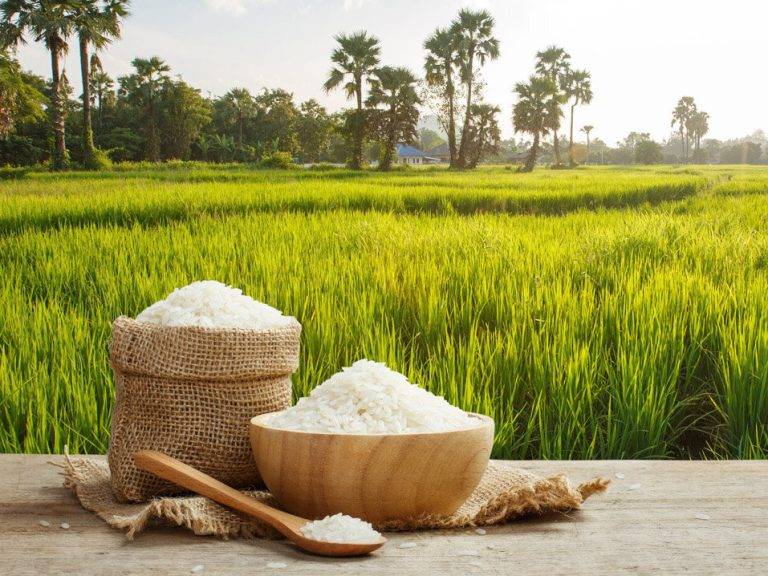
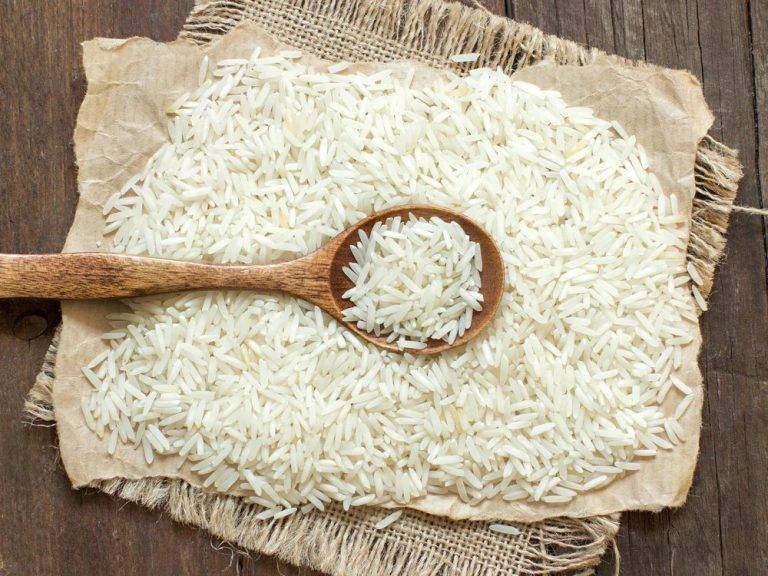
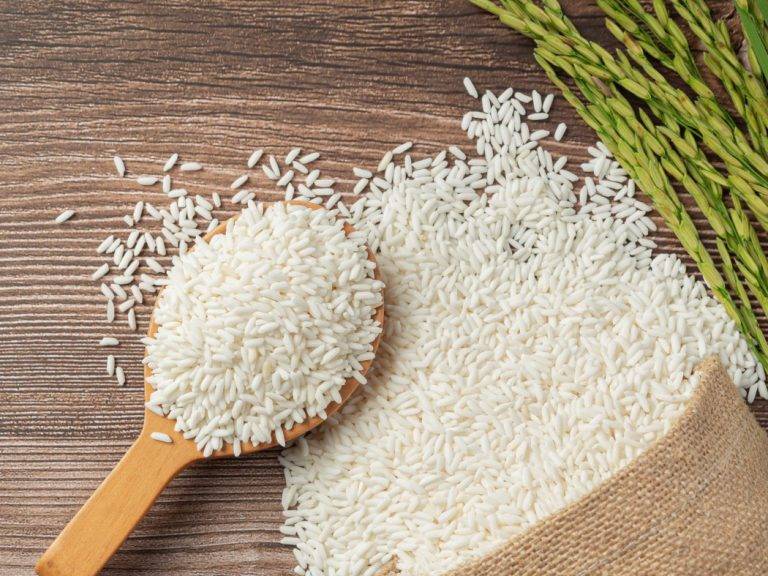
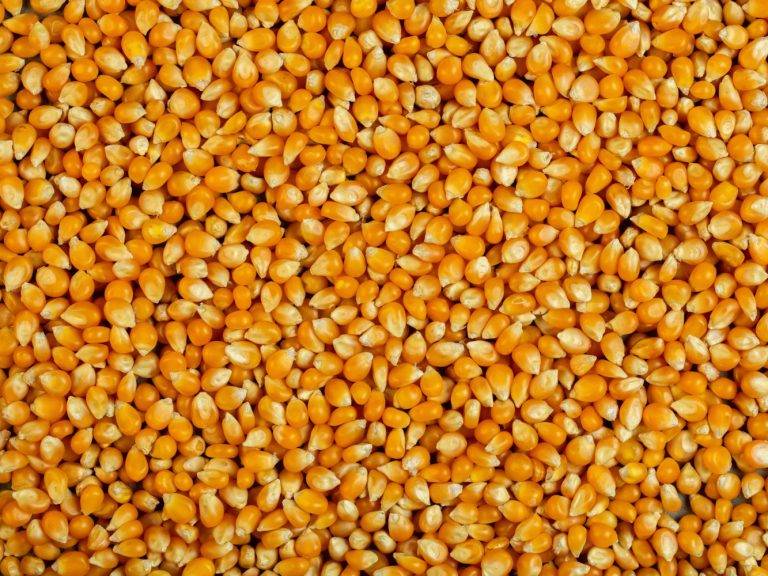
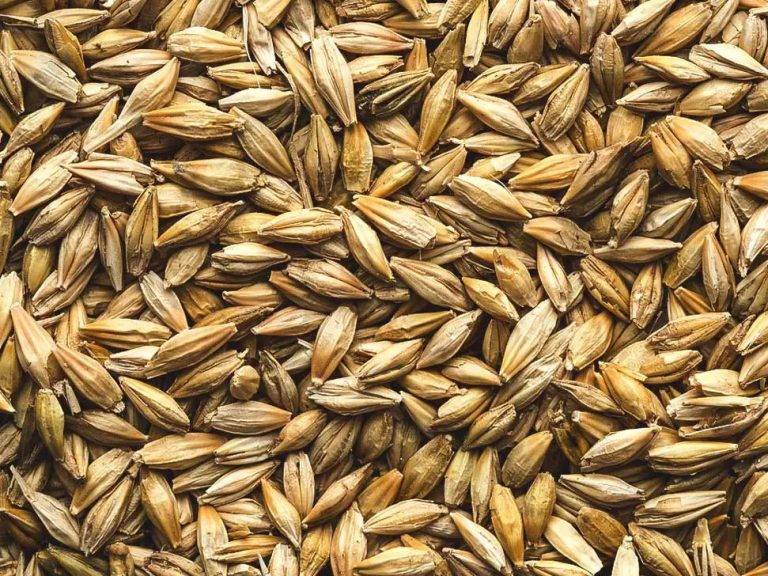
Grains hold great importance as they serve as a vital energy and nutrient source in our diet. They offer essential carbohydrates, dietary fiber, vitamins, and minerals that are crucial for maintaining overall well-being. Grains like rice, wheat, oats, and corn are versatile and can be enjoyed in diverse forms such as bread, pasta, and cereal. Being a staple food in many cultures, grains contribute significantly to food security and sustainable agricultural practices.
Your questions answered
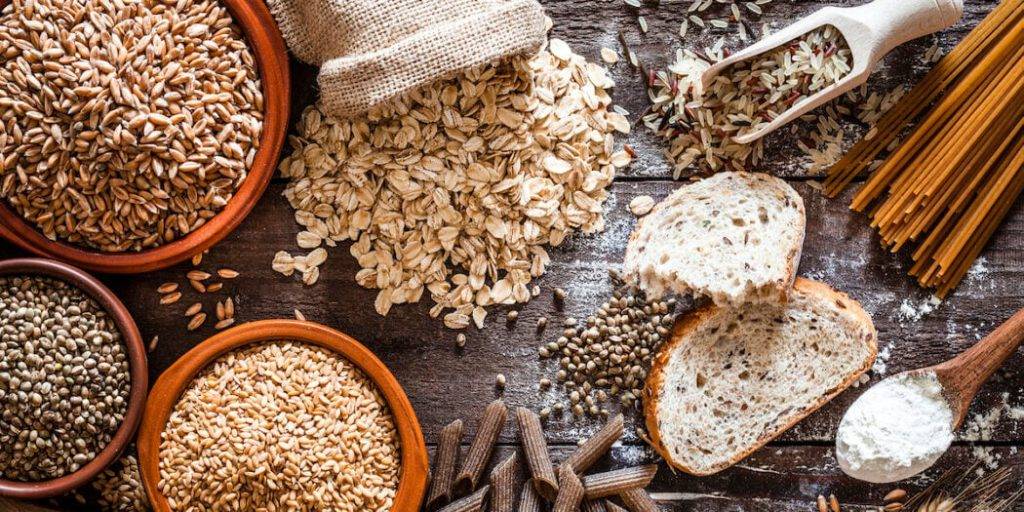
Grains are a global dietary staple, with widespread consumption in Asia, the Middle East, Africa, Europe, and the Americas. In Asia, grains like rice are fundamental to daily meals in countries such as China, India, Japan, Thailand, and Indonesia. Middle Eastern cuisines prominently feature grains such as wheat, barley, and bulgur, which are used in various dishes like bread, flatbreads, and tabbouleh. In Africa, grains like millet, sorghum, and maize (corn) form the basis of diets in different regions, with couscous being popular in North Africa. European cuisines utilize grains extensively, with wheat for bread and pastries, barley in soups and stews, and oats in porridge and baked goods.
Grains are consumed worldwide, including regions such as Asia, the Middle East, Africa, Europe, and the Americas. Asia is home to a diverse range of cultures and cuisines, where grains hold a central place in daily meals. Rice is a staple in many Asian countries, including China, India, Japan, Thailand, and Indonesia. Grains like wheat, barley, and bulgur feature prominently in Middle Eastern cuisines. Wheat is used to make bread, flatbreads, and pastries, while bulgur is a key ingredient in dishes like tabbouleh and kibbeh.Many African countries rely on grains as dietary staples. Millet and sorghum are commonly consumed in West Africa, while maize (corn) is widely eaten in East and Southern Africa. In North Africa, couscous made from semolina is a popular grain dish. Grains are an essential part of European cuisines. Wheat is used for making bread, pasta, and pastries across the continent. Barley is often found in soups and stews, while oats are used in porridge, granola, and baked goods.
Grains themselves are not inherently fatty. They are primarily composed of carbohydrates, with varying amounts of protein and fiber. However, certain grain products, such as processed or baked goods, can contain added fats or oils that contribute to their overall fat content. It’s important to consider the preparation and cooking methods when consuming grain-based foods to ensure a balanced and healthy diet.